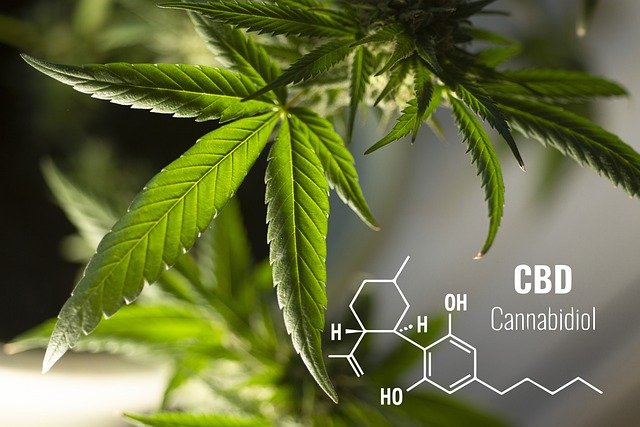CBD new 10 mg limit: Why has the UK FSA issued precautionary advice?
On 12 October 2023, the UK Food Standards Agency issued consumer advice recommending healthy adults should not consume more than 10mg of Cannabidiol (CBD) per day.
In February 2020, the FSA had previously published consumer advice that healthy adults should not consume more than 70mg of CBD per day. However, this level was based on evidence where CBD was studied as a medicine, and where the dosage is determined through a risk/benefit analysis.
In the UK and EU, food containing CBD is categorised as a novel food and requires pre-market authorisation. The UK has permitted products to remain on the market that were marketed prior to the decision that CBD should be deemed a novel food, providing evidence is submitted under the novel foods process. Such data is specific to CBD use in food and has facilitated a new review of CBD safety in relation to intake from food. As a result, the FSA has determined an acceptable daily intake (ADI) of 0.15mg/kg/ per day or 10mg of 98% pure CBD per day for an average weight adult.
Based on this scientific advice, the FSA has concluded that a healthy adult should not consume more than 10mg of CBD per day.
At present, this advice remains a recommendation only and is not a limit appearing in the food legislation in the UK. However, we are monitoring the situation closely to understand whether this could develop into a restriction in the amount of CBD that can be legally added to food products in the UK, or whether industry may be required to help consumers understand the long term effects when consuming CBD over a period of time (no risk was identified with acute consumption).
To date, we have seen some retailers taking action to remove products from sale for which consumers cannot choose to consume lower levels (e.g. serving contains >10mg). We can expect that others may follow once aware of this recent FSA consumer advice.
The Bloom team is following the impact of this new recommendation on businesses.We are also currently assessing whether it could have an impact on other consumer goods in particular cosmetics. If you have any questions do not hesitate to contact us.
Written by Amanda Isom

